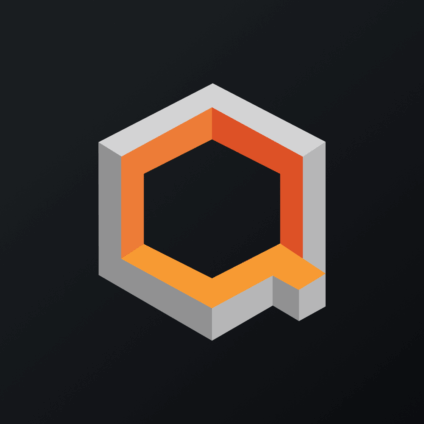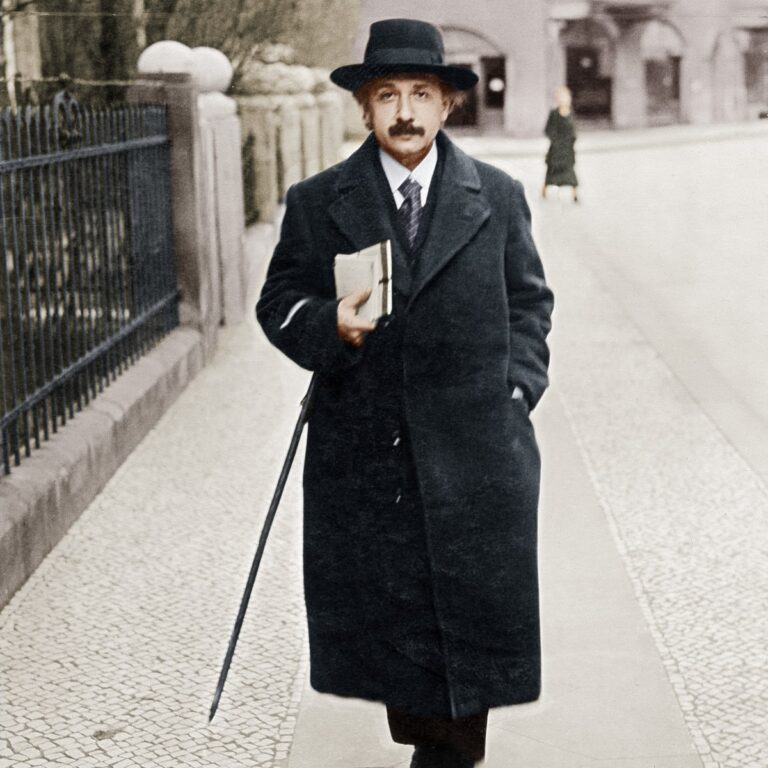Expanded Portfolio: IonQ’s Vector Atomic acquisition adds quantum sensing to its computing and networking capabilities.
Global Reach: Oxford Ionics deal establishes a UK base, enhancing IonQ’s presence in Europe and Asia.
Strategic Growth: These acquisitions accelerate IonQ’s roadmap toward fault-tolerant quantum systems.
IonQ, a leader in quantum technology, announced two pivotal moves on September 17, 2025, in College Park, Maryland, signaling its ambition to dominate the quantum landscape. The company revealed its intent to acquire Vector Atomic, a California-based pioneer in quantum sensing, and confirmed the completion of its acquisition of Oxford Ionics, a UK-based quantum computing firm. These strategic acquisitions, part of a broader series including Qubitekk, Lightsynq Technologies, Capella Space, and ID Quantique, position IonQ as a comprehensive provider of quantum solutions across computing, networking, and sensing, addressing critical needs in defense, government, and commercial sectors.
Vector Atomic: Pioneering Quantum Sensing
IonQ’s agreement to acquire Vector Atomic, based in Pleasanton, California, marks its entry into the quantum sensing market. Founded in 2018, Vector Atomic specializes in advanced quantum sensors for positioning, navigation, and timing (PNT), securing over $200 million in government contracts. Its portfolio includes high-performance optical atomic clocks, synchronization hardware, gravimeters, and inertial sensors, trusted by programs like the U.S. Department of Defense’s X-37B orbital test vehicle. For example, its PNT systems enable ultra-precise detection and jam-resistant navigation, vital for national security amid rising cyber threats.
The all-stock deal brings Vector Atomic’s 76 employees and 29 pending or issued patents into IonQ’s fold, enhancing its intellectual property and talent pool. Consequently, IonQ aims to integrate these sensing technologies with its existing quantum computing and networking platforms, creating a unified ecosystem. This move aligns with IonQ’s recent launch of IonQ Federal, a division focused on government and defense applications.
“This acquisition marks a significant acceleration and expansion opportunity for IonQ as we continue to lead the commercialization of quantum technologies,” said Niccolo de Masi, Chairman and CEO of IonQ. “Integrating Vector Atomic’s sensing capabilities across our compute, networking, and space portfolios will advance our mission to provide scalable, commercial-grade quantum solutions for our customers today. The addition of Vector Atomic’s 29 pending and issued patents to IonQ’s formidable patent portfolio, and its talented team of scientists and engineers will help us reach our quantum technology goals.”
— Niccolo de Masi, Chairman and CEO, IonQ
Dr. Jamil Abo-Shaeer, CEO and Co-Founder of Vector Atomic, emphasized the synergy: “Joining IonQ supercharges our company’s ability to scale our technology, broaden our impact, and contribute to the world’s most advanced quantum technology team.” This acquisition, pending regulatory approval, underscores IonQ’s focus on scalable, deployable solutions for secure navigation and communications.
Oxford Ionics: Advancing Quantum Computing
Simultaneously, IonQ completed its acquisition of Oxford Ionics, a UK-based quantum computing company specializing in trapped ion systems. This deal, finalized on September 17, 2025, strengthens IonQ’s technology roadmap toward fault-tolerant quantum computers. Oxford Ionics brings patented ion trap technology manufactured using standard semiconductor chips, which enhances scalability and cost-efficiency. Additionally, the acquisition establishes a UK base for IonQ, facilitating collaborations with leading universities and public-sector partners in Europe and Asia.
The integration of Oxford Ionics’ team and innovations complements IonQ’s existing systems, such as the IonQ Forte and Forte Enterprise, which already deliver 20x performance gains for partners like Amazon Web Services and NVIDIA. For instance, the semiconductor-based approach could reduce production barriers, accelerating IonQ’s goal of achieving 2 million qubits by 2030—a significant leap from current systems.
“The acquisition of Oxford Ionics marks a pivotal step for IonQ as we continue to advance more powerful and scalable quantum systems, with unit economics that will underpin standardization on our ecosystem,” said Niccolo de Masi, Chairman and CEO of IonQ. “Oxford Ionics’ talented team and intellectual property strengthen our technology and accelerate our roadmap toward fault tolerant quantum computing and broad quantum advantage.”
— Niccolo de Masi, Chairman and CEO, IonQ
Dr. Chris Ballance, Co-founder and CEO of Oxford Ionics, added: “Together, we’ll continue pushing the boundaries of what’s possible to deliver practical quantum solutions to real-world challenges.” This acquisition enhances IonQ’s global footprint and positions it to tap into international markets and research ecosystems.
Strategic Implications and Industry Impact
IonQ’s dual acquisitions reflect a bold, merger-and-acquisition-driven strategy to consolidate its leadership in quantum technology. By integrating Vector Atomic’s sensing capabilities, IonQ enters a high-growth market driven by national security needs, where quantum sensors offer unmatched precision and resilience against cyber threats. Meanwhile, Oxford Ionics’ semiconductor-compatible technology addresses scalability challenges, positioning IonQ to compete with rivals like IBM and Google Quantum AI. However, integrating diverse teams across the U.S. and UK may strain resources, and regulatory hurdles could delay the Vector Atomic deal due to its defense ties.
IonQ, recognized in Newsweek’s 2025 Excellence Index and Forbes’ 2025 Most Successful Mid-Cap Companies, leverages all-stock deals to preserve cash while expanding its patent portfolio and workforce. For example, the addition of Vector Atomic’s contracts provides stable revenue, reducing reliance on volatile commercial sectors like drug discovery. In contrast, competitors may face pressure to consolidate as IonQ’s comprehensive platform—spanning computing, networking, and sensing—sets a new industry benchmark.
Looking Ahead
IonQ’s trajectory suggests a future where quantum technology integrates seamlessly across multiple domains, from secure navigation to powerful computing. The company’s aggressive acquisition strategy, coupled with its focus on government and defense applications, positions it to shape the quantum internet and next-generation AI-driven systems. As IonQ navigates integration challenges and regulatory landscapes, its vision of a unified quantum ecosystem could redefine industries. For stakeholders, the message is clear: IonQ is not just building quantum computers—it’s crafting a quantum future. Stay tuned for updates as these deals unfold.


